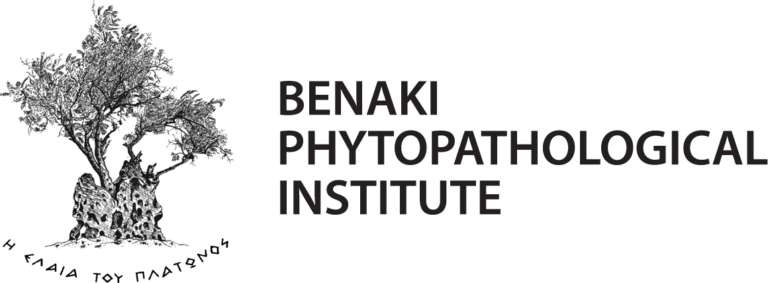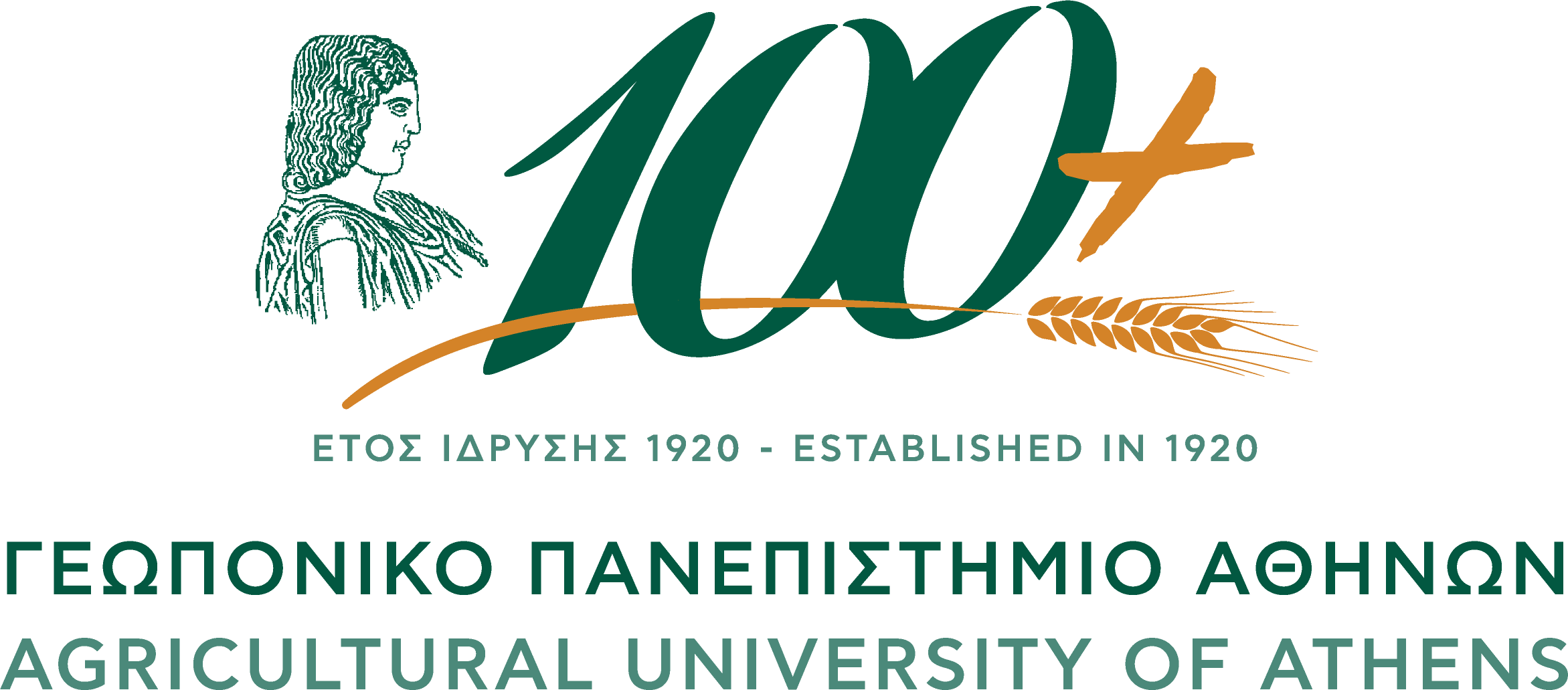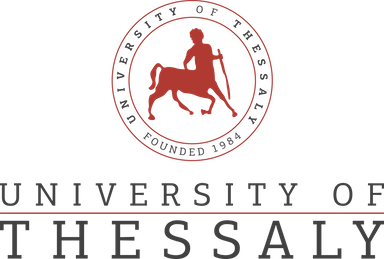Consortium & Partners
Our collaborative network brings together leading institutions with expertise in surveillance systems, data integration, and vector-borne disease management.
Main Beneficiary
Affiliated Entities
Associated Partners

The National Public Health Organization (NPHO) is a legal entity of Private Law under the supervision of the Minister of Health. NPHO's mission is to provide services that contribute to the protection and improvement of health and increase the life expectancy of the population by enhancing the capacity of the National Healthcare System, with particular focus on public health services.
- Coordination and management of the project
- Financial management
- Scientific overview
- Communication with HaDEA and project's partners
- Overview of WPs tasks progress
- Review of deliverables and milestones
- Implementation of Greek FETP Programme
- Continuous capacity development through cross‑cutting and disease-specific learning and training
Status
Legal entity of Private Law
Supervision
Minister of Health
Mission
Protection and improvement of public health
Focus
Communicable disease threats and health promotion
Expertise
Risk assessment, surveillance, intervention measures

NKUA started operations on May 1837 and participates through the Department of Informatics and Telecommunications (DIT), specifically the Network Technologies, Services and Applications (NETSA) Laboratory.
- Data modelling and architecture
- Implementation of the project's data lake
- User training and capacity building
- Technical coordination
Founded
1837
Students
45,000+
Department
Department of Informatics and Telecommunications
Laboratory
Network Technologies, Services and Applications (NETSA) Laboratory

BPI is a non-profit Research Institute supervised by the Hellenic Ministry of Rural Development and Food (MRDF), specializing in plant health and pest management.
- Mosquito surveillance expertise
- Invasive species management protocols
- International collaboration coordination
- Sterilised Insect Technique (SIT) application
Sector
Public Research Institute
Supervision
Hellenic Ministry of Rural Development and Food
Expertise
Plant health, pest control, invasive species
Collaborations
EFSA, EPPO, IAEA expert panels

The Agricultural University of Athens (AUA) is an autonomous state University established in 1920 and it is organized into 14 independent academic departments. ΑUA campus consists of 28 building complexes, 44 fully equipped laboratories, 55 auditoriums and teaching rooms, 13 greenhouses, and fields.
- Field monitoring for invasive mosquito species
- Design management protocols for invasive species
- Development of comprehensive training framework
- Surveillance activities personnel training
- Laboratory exercises and practical training
Founded
1920
Departments
14 independent academic departments
Facilities
28 building complexes, 44 laboratories, 55 auditoriums
Infrastructure
13 greenhouses and fields
Mission
Training competent agriculturalists/agronomists for farmers guidance

The University of Thessaly (UTH), a leading Greek public university with eight schools and a long-standing track record of coordinating EU-funded research, provides the scientific foundation for the CSN project. Through its ISO-certified Laboratory of Hygiene & Epidemiology—designated a WHO Collaborating Centre—and its Laboratory of Entomology & Agricultural Zoology, UTH supplies state-of-the-art BSL-2 facilities.
- Design and validation of interoperable surveillance protocols
- Laboratory diagnostics development
- Field monitoring for invasive mosquito species
- Training and knowledge-transfer activities
- EU/EEA rapid-response capacity building
Schools
Eight schools
Certification
ISO-certified Laboratory of Hygiene & Epidemiology
Who Status
WHO Collaborating Centre
Facilities
State-of-the-art BSL-2 facilities
Expertise
Epidemiologists, entomologists, data scientists

The Laboratory of Hygiene and Epidemiology was originally established at the former Technological Educational Institute (TEI) of Athens in 2015 and it was incorporated in 2019 into the Department of Public and Community Health, within the School of Public Health of the University of West Attica.
- Epidemiology research and education
- Prevention of chronic and infectious diseases
- Health promotion programs design and evaluation
- Professional development and upskilling
- Public health training and education
Established
2015 (TEI Athens), incorporated 2019 (UNIWA)
Department
Department of Public and Community Health
School
School of Public Health
Director
Professor Areti Lagiou
Address
196 Alexandras Avenue

The Ministry of Environment and Energy through its General Secretariat of Natural Environment & Water (GSNEW) is responsible for policy planning and formulation for the protection and management of the aquatic environment and sustainable water services management.
- Policy planning & formulation for the protection and management of the aquatic environment
- Policy planning & formulation for the sustainable management of water services
- Guidelines to promote the sustainable use of water
- Coordination of regional authorities & stakeholders
Sector
Central Government
Expertise
Protection and management of the aquatic environment
Focus
Sustainable water services management
Role
Policy planning and coordination

The Ministry of Rural Development, through its General Directorate of Veterinary Services, is the central competent authority for organizing, conducting and supervising official controls and other official activities according to EU and national rules concerning animal health and food safety of animal origin.
- Laboratory network data provision
- Animal health surveillance and monitoring
- Zoonoses detection and reporting
- Foodborne infection prevention protocols
- Intersectoral data exchange coordination
- Veterinary public health expertise
Sector
Central Government - Veterinary Services
Authority
Central Competent Authority
Focus
Animal health and food safety of animal origin
Expertise
Zoonoses and foodborne infections
Network
Laboratory network for veterinary controls

The Ministry of Health is a ministry of the Greek government, primarily responsible for managing the National Health System of Greece and overseeing private healthcare providers. It is also responsible for the planning and implementation of Public Health policies. Its headquarters are located at 17 Aristotelous Street, Athens.

The General State Laboratory (G.S.L.) is a service of the Independent Authority for Public Revenue (I.A.P.R.), operating at the level of a General Directorate. The mission of the G.S.L. includes, among other things, the protection of public health, the environment, and consumer interests. To fulfill its mission, the G.S.L. maintains an extensive database containing the results of physicochemical and microbiological analyses of food and water samples.

The Hellenic Food Authority (EFET) is the Central Competent Authority in Greece for organizing, supervising, coordinating and conducting official controls and other official activities to verify compliance with national and EU rules for food safety, under the supervision of the Ministry of Rural Development and Food.
- Food safety control data exchange
- Consumer health protection protocols
- Official food safety controls coordination
- Science-based food safety information
- Food safety surveillance network
- Cross-sectoral collaboration in health surveillance
Authority
Central Competent Authority for Food Safety
Mission
Consumer health protection and food safety assurance
Supervision
Ministry of Rural Development and Food
Expertise
Food safety controls and consumer protection
Scope
Food safety and materials in contact with food

